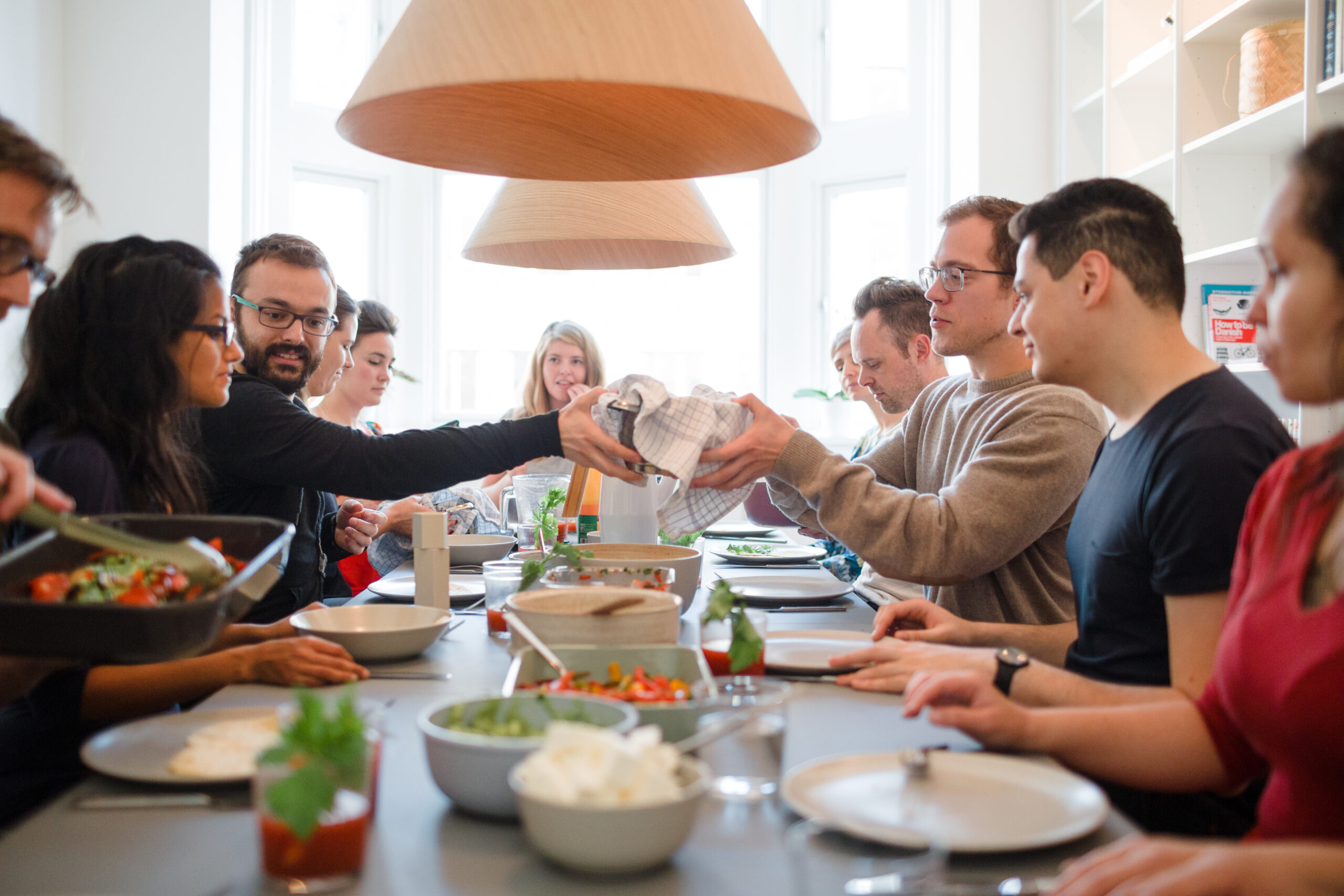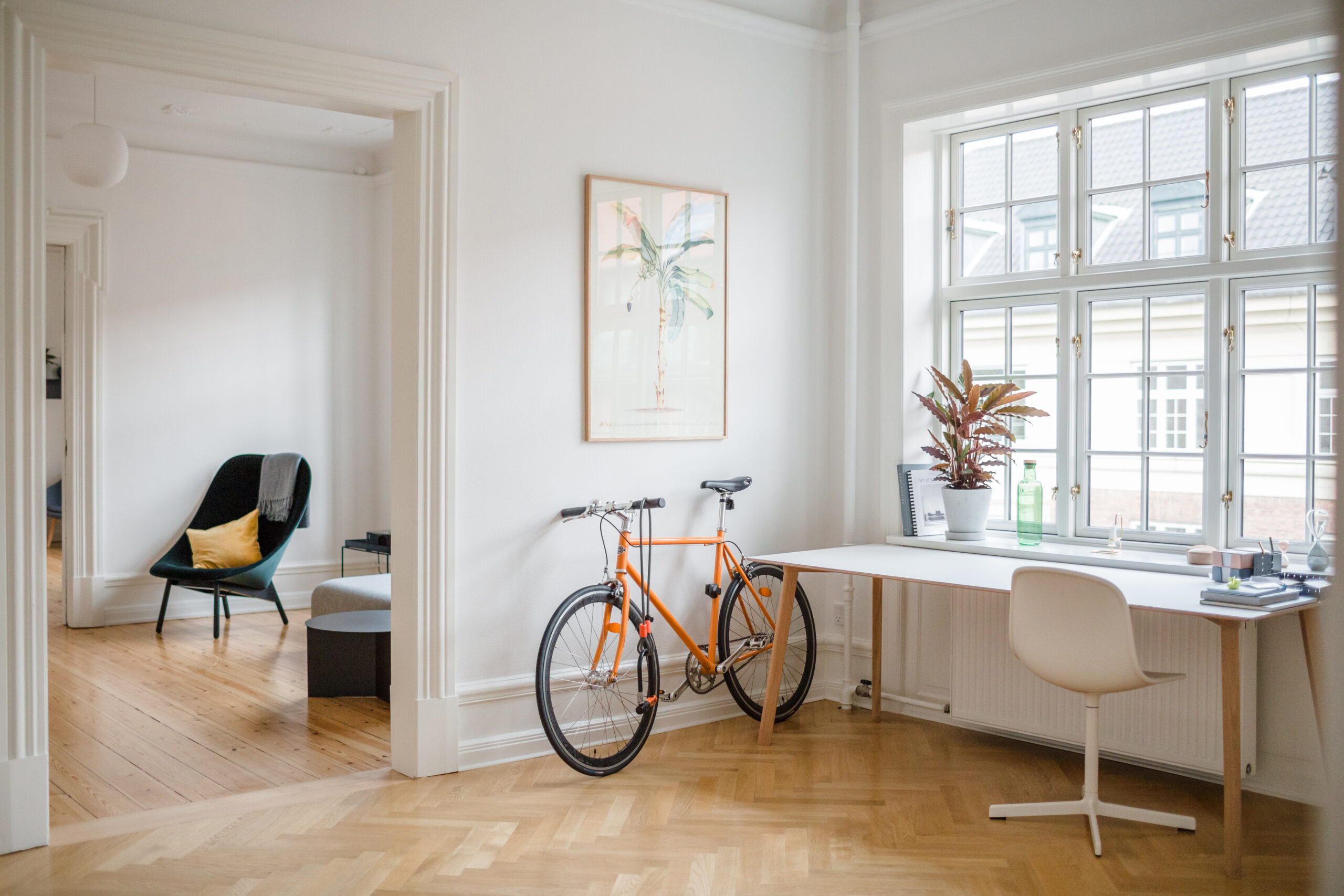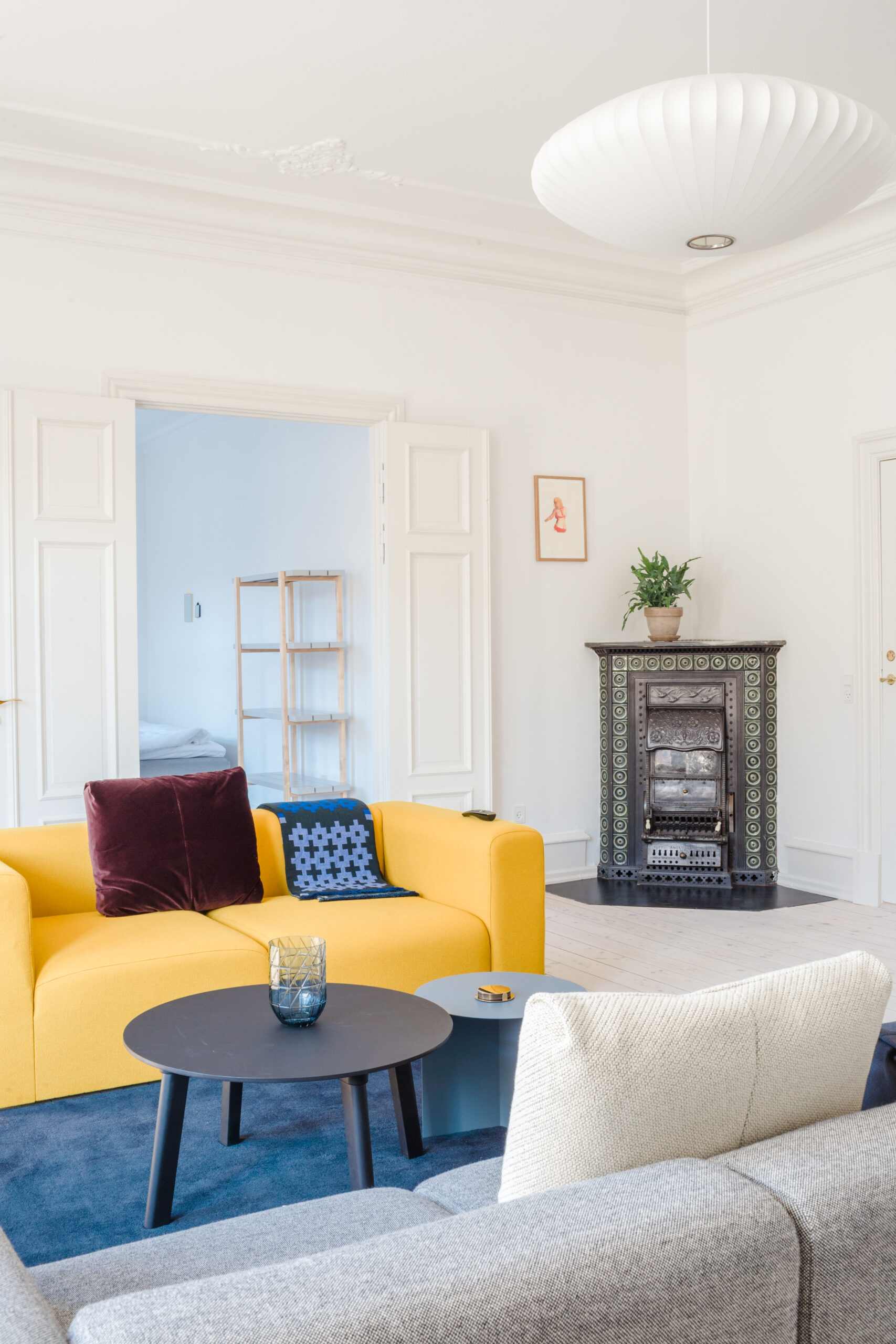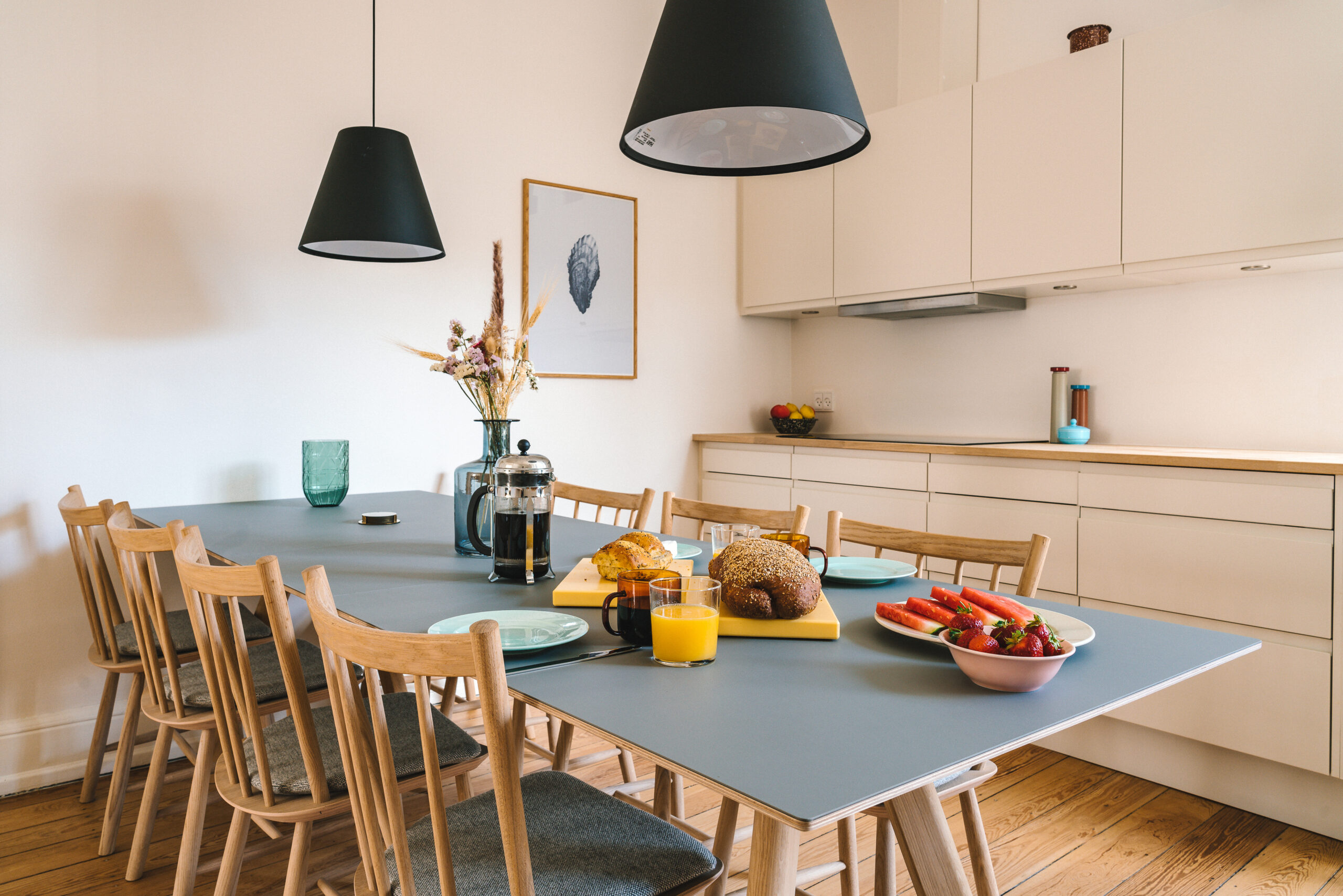Offering stylish co-living apartments for young professionals, LifeX gives digital nomads a city base both at home and abroad. Rose Dykins reports
When relocating to a new city, it takes time to scout out the right place to live and build a new friendship circle. For digital nomads, finding a short-term base that meets their needs is important, without getting tied into a living situation that ends up not being suitable.
On the flipside, finding a good houseshare in your home city can also be a challenge, and is something LifeX is working hard to improve. (LifeX says that 20 per cent of its members are locals.)
LifeX caters for young professionals looking to settle into a new home (either short- or l0nger-term) quickly and without the bureaucracy. Its co-living concept is about providing stylish shared homes that bring members convenience, flexibility and a ready-made, like-minded community.
Founded in Copenhagen in 2017, LifeX currently operates co-living homes in Copenhagen, Berlin, London, Paris, Munich, Vienna and Brussels (opened in May) – and is coming soon to Barcelona and Frankfurt – with more than 300 members from more than 50 countries.
A spokesperson for LifeX says: “We of course have lots of digital nomads who stay with us for the minimum stay of three months but the majority are young professionals staying for about nine to ten months on average. So even though our members have the flexibility of three-month short term stays, most choose to stay medium- to long-term.”

 Typically for between four and eight people, the co-living apartments are tastefully designed, and furnished with Scandinavian furniture, artwork and plants. They generally have between four to seven private bedrooms, which range from 7 sqm to 40 sqm (with rooms for couples starting from 18 sqm).
Typically for between four and eight people, the co-living apartments are tastefully designed, and furnished with Scandinavian furniture, artwork and plants. They generally have between four to seven private bedrooms, which range from 7 sqm to 40 sqm (with rooms for couples starting from 18 sqm).
 They also have large, sociable living spaces, dining areas, fully equipped kitchens, storage and laundry facilities. Bedrooms are also equipped with bedding and towels, while each apartment comes with communal accessories such as kitchen appliances, utensils, cutlery, vases, mixers, toast machines, plates, pans, cups, hairdryers and steam irons – so members can simply turn up with their suitcase.
They also have large, sociable living spaces, dining areas, fully equipped kitchens, storage and laundry facilities. Bedrooms are also equipped with bedding and towels, while each apartment comes with communal accessories such as kitchen appliances, utensils, cutlery, vases, mixers, toast machines, plates, pans, cups, hairdryers and steam irons – so members can simply turn up with their suitcase.
 Rather than having to set up a local bank account, negotiate rent prices, or bills and source any missing furniture or mod cons, LifeX simplifies the apartment-hunting process by pre-packaging everything members need.
Rather than having to set up a local bank account, negotiate rent prices, or bills and source any missing furniture or mod cons, LifeX simplifies the apartment-hunting process by pre-packaging everything members need.
The monthly price includes rent, certain city or housing taxes, shared household supplies (such as toilet paper, hand soap, laundry detergent, cooking oil, and salt and pepper), cleaning services (apart from in Munich) and utilities (wifi, Netflix and Disney Plus subscriptions).
 The price of a deposit for a LifeX department varies depending on the city, but is usually less than a month’s rent. Monthly fees to stay at a LifeX apartment in Vienna, for example, start from €725 per month (from €1,050 for couples) while in Paris, prices start from €1,000 per month (€1,500 for couples).
The price of a deposit for a LifeX department varies depending on the city, but is usually less than a month’s rent. Monthly fees to stay at a LifeX apartment in Vienna, for example, start from €725 per month (from €1,050 for couples) while in Paris, prices start from €1,000 per month (€1,500 for couples).
There is a minimum three-month stay for each of its locations, with one-month notice needed before residents move on.
LifeX residents are welcome to have guests to visit or stay for up to five days, provided it is alright with their other housemates. Residents are also expected to keep the apartment clean and tidy.
Another nice benefit is the LifeX membership app, which allows users to see upcoming community events, plan events and form interest groups. The LifeX spokesperson says: “They can even arrange room swaps with members in other cities for a short holiday or weekend trip.”
According to LifeX, several trends are converging to fuel the global co-living movement. These include a more flexible job market, a general increase in loneliness, more people moving to urban areas, the fact that millennials value access over ownership, and consumers’ expectations for things to happen immediately.
“We, millennials, tend to change jobs around every two years,” reads LifeX’s website. “We are always striving for a better opportunity, which subsequently means we are also less tied to a particular city. The world is “flat” for us. That’s why we require different, more flexible type of housing.
